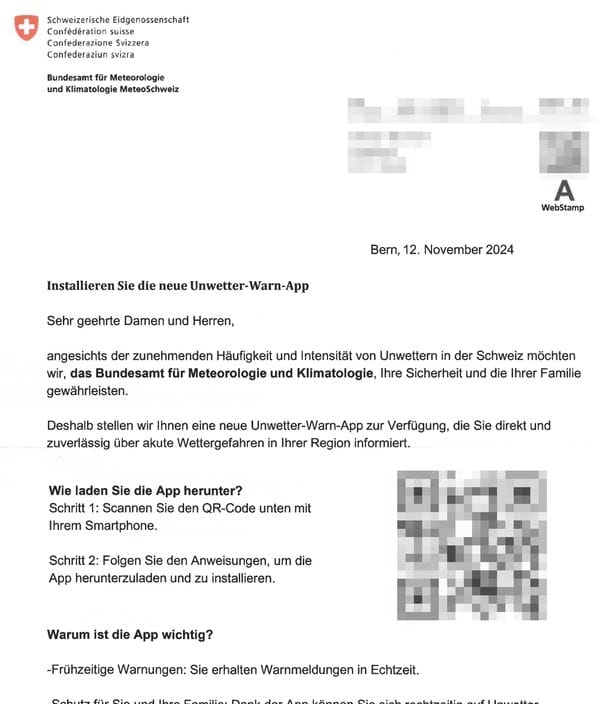
EXECUTIVE SUMMARY:
The tech media mogul’s platform is the first to see charges under a new EU social media law.
The European Union is taking Elon Musk to task over his transformation of the Twitter social media site (now X) into a haven for disinformation and dubious content.
On Friday, the EU Commission formally charged X with failing to respect the Digital Services Act (DSA), a law that’s intended to restrict toxic content and predatory algorithms.
The platform has broken rules regarding “dark patterns” — deceptive tactics that push people towards certain products and services.
Investigative details
The European Commission’s investigation into X started in December of 2023, as prompted by the platform’s failure to prevent disinformation and content manipulation.
X has been accused of allowing disinformation and hate speech to “run wild,” and in the eyes of the EU Commission, has rolled out misleading authentication features, which block external researchers from accessing the tools required to scrutinize the spread of malicious content on the platform.
In August of 2023, the European Union called X the “largest spreader of Russian lies and propaganda” out of all existing social media sites.
EU Commission’s findings
The EU Commission has shared three preliminary findings in relation to X’s DSA non-compliance:
1. The Commission found that X’s so-called blue checks had mislead users into thinking that certain accounts and content were trustworthy and verified, when in-fact they were not.
Because anyone can purchase a blue check for between eight and eleven dollars, cyber criminals abused the system in order to spread malicious material.
2. For those who are less familiar with EU regulations, this is a bit more obscure…The Commission also found that X failed to comply with transparency rules around advertising. X allegedly put up barriers that prevented adequate advertising supervision and research, which help to ensure that platforms are safe for the general public.
3. Along similar lines, the DSA mandates that organizations provide public data access for research purposes. However, X prohibited researchers from engaging in corresponding data collection and analysis activities. Initiatives appeared thwarted, or researchers were forced to pay disproportionately high sums for data access.
Social media safety crackdown
In light of the European Commission’s findings, X could face a multi-million Euro fine — up to 6% of the company’s global turnover.
In regards to social media safety more broadly, the DSA has also launched investigations into AliExpress, Meta’s Facebook and Instagram, and TikTok.
“The DSA has transparency at its very core, and we are determined to ensure that all platforms, including X, comply with EU legislation,” said the European Union’s antitrust chief, Margrethe Vestager.
Unexpected plot twist
In a post on X, Elon Musk stated that his company was presented with an “illegal secret deal” by the European Commission. The deal would have enabled X to avoid a fine if the company censored speech on the platform.
“The other platforms accepted that deal,” Musk wrote, without offering any evidence. He continued by explaining that X rejected the bargain.
For more on this story, click here. For further insights into disinformation, click here. Lastly, to receive cyber security thought leadership articles, groundbreaking research and emerging threat analyses each week, subscribe to the CyberTalk.org newsletter.

